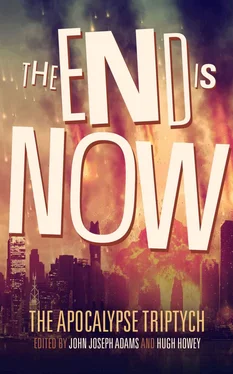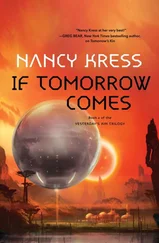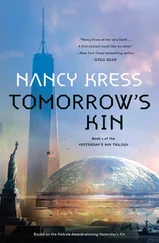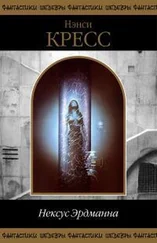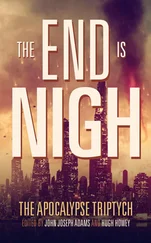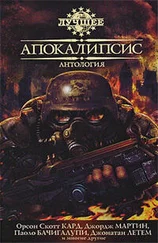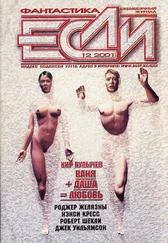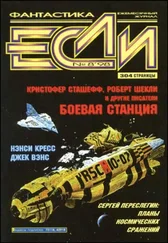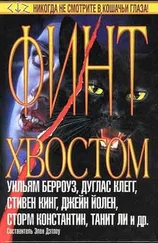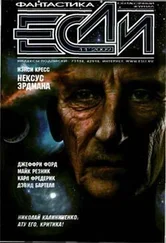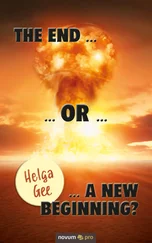A truck passed me, a twenty-year-old Chevy pick-up, two men in the cab. The passenger gave me a hard stare. They turned down the road toward Carrie’s settlement. When I got there, however, I didn’t see the Chevy.
But I did see the bears.
Two adult black bears rummaged in what I guessed was some sort of compost heap, digging out anything edible. A third one ambled toward the wooden community hall, and a deer stood on the ridge behind the settlement—the place had turned into a fucking zoo. No people in sight. Which one of these bears, if any, had killed, and why?
Several people emerged from the community hall, banging on pots and pans, shouting and singing. The bear paused, turned away. I felt like an idiot, standing beside the car with Ian’s twelve-gauge; clearly I was not needed. At the far edge of the group of pot-bangers stood Carrie, her lips open in a song indistinguishable in the din. The sight of her brought such a rush of conflicting emotions that I turned to get back in the car. I despised her, all of them. Passive cowards. They were, indirectly, costing me Ian. She was carrying a niece or nephew, but that baby would just be another coward, unwilling to even try to resist its biology.
The bear, waddling away from the community hall, suddenly let out a huge roar and raced forward. A second later I saw the cub on the ridge beside a stand of trees. Between mother and cub, but much closer to the cub, walked a boy of about six.
The child heard the roar, saw the bear, and froze. Where the hell had he come from and why was he outside when nobody else was? With that heightened, slow-motion perception that makes such moments sharp enough to cut glass, I saw the boy’s mouth open to scream, as pink inside as Carrie’s had been in song.
Carrie dropped her pot and rushed toward the child. She was closer to him than the bear was—they would reach the kid at the same time.
I fired while I had a clear shot, then fired again. The bear dropped. Carrie clutched the child. The other bears fled. The cub vanished into the trees.
When I reached Carrie she was on her knees, the boy in her arms, her face raised to mine. “Oh, Sophie, thank you! But that poor cub, we have to get him now and maybe raise him because you—”
I slapped her across the face. Nothing ever felt so good.
But then someone was turning me around with a firm pull on my shoulder, his other hand holding down my gun arm. It was the man from the pickup truck, a bearded and none-too-clean guy dressed in jeans and t-shirt, his gray chest hair spilling over the stretched-out neck of the tee. “Ma’am? You with us?”
“With who?” I shook off both his hands. “Who the fuck are you?”
“Just some folks come here to prevent a slaughter. And we ain’t got much time. A few hours, is my guess.”
The man who’d driven the truck stood talking to the group at the community hall. A few Sweets were shaking their heads. Carrie still knelt at my feet, murmuring to the terrified child she’d risked her life to save. They both still looked terrified—but not frozen.
The man said mildly, “Damn fools, every last one of ’em. But still don’t deserve to get massacred by that lot in the tents.” He spat on the ground. “So you with us or you leaving? We gotta make a plan.”
* * *
There was time to call Ian. He answered right away. Maybe my mother got to him. I told him where I was, and why. I didn’t ask if he would come out to the settlement with the rest of his weapons. I already knew the answer. We stumbled around for a while, and then he said abruptly, “You never asked me what our breakthrough was.”
“ What ?” It didn’t seem the right time for a chat about science.
“The night I moved to the lab. You never asked me what the research breakthrough was. The one I rushed to the apartment to tell you about.”
“Ian, we were a little busy fighting and—”
“You never asked me. Never called to inquire.”
“So what is it?” I heard the sarcasm in my voice, regretted it, did nothing to soften it. “Can you cure all the Sweets?”
“You know it doesn’t work that way. What we found is a really important step in how the Sweet brains have been rewired.” He laughed sourly. “And anyway, you’d hate it if we could cure them.”
“What?” I was genuinely confused.
All at once his voice took on venom I had never suspected he felt. “If we could ‘cure’ the Sweets, you’d have no reason to be angry at yourself, for not being as good as your sister is. And without that anger, you’d have no idea who you are.”
When my fingers, all eight of them, could work again, I cut the phone connection.
* * *
Now I wait in my assigned place, on the roof of the community hall, behind a pile of concrete blocks. Luke Ames, our self-appointed leader, determined the positions, weapons, and ammunition for the five of us defenders. In a long-ago life he was a Navy SEAL. We don’t know how many will come against us. We do know the Sweets will be no help.
If we could cure the Sweets, you’d have —
Luke’s AK-47 feels warm in my hands. I have a hat, but the summer sun is full on the gunmetal. I should be mentally rehearsing all the instructions Luke gave his tiny army, but instead my mind is full of different images. Of all the things that the world is losing, the things that made the texture of the life I grew up in. Football on crisp autumn afternoons. War movies full of heroism. Sexy military uniforms.
— no reason to be angry at yourself for —
Anna Karenina and Oliver Twist and Charlotte’s Web. Businesses started in garages and built through stubborn, ornery individualism in the face of all consensual wisdom. Sweets did everything by consensus and nobody was stubborn or ornery. Nobody would think of letting an orphan starve, or of throwing themselves under a train for love, or of killing Wilbur the pig for bacon.
— not being as good as your sister is. And without that anger, you’d —
In two generations, maybe less, my lost world would be incomprehensible to the human race. If it survived at all.
— have no idea who you are.
Harbingers of the End Times, the religious nuts call the Sweets. Angels of the apocalypse. But there are all kinds of apocalypses.
The first of the attackers comes into sight down the road. There are three trucks, driving very slow so as to not outpace the walkers beside them. Everyone is armed. On the back of a dusty red pick-up rests some sort of missile launcher. I raise my weapon and wait for Luke’s signal.
ABOUT THE AUTHOR
Nancy Kressis the author of thirty-two books, including twenty-five novels, four collections of short stories, and three books about writing. Her work has won two Hugos (“Beggars in Spain” and “The Erdmann Nexus”), five Nebulas (all for short fiction), a Sturgeon (“The Flowers of Aulit Prison”), and a John W. Campbell Memorial Award (for Probability Space). The novels include science fiction, fantasy, and thrillers; many concern genetic engineering. Her most recent work is the Nebula-winning and Hugo-nominated After the Fall, Before the Fall, During the Fall (Tachyon, 2012), a long novella of eco-disaster, time travel, and human resiliency. Forthcoming is another short novel from Tachyon, Yesterday’s Kin (Fall 2014). Intermittently, Nancy teaches writing workshops at various venues around the country, including Clarion and Taos Toolbox (yearly, with Walter Jon Williams). A few years ago she taught at the University of Leipzig as the visiting Picador professor. She is currently working on a long, as-yet-untitled SF novel. Nancy lives in Seattle with her husband, writer Jack Skillingstead, and Cosette, the world’s most spoiled toy poodle.
Читать дальше
